
People stay at a temporary resettlement site in Zhuozhou, Hebei province, on Wednesday after they were rescued from floodwaters. (WANG JING/CHINA DAILY)
It was 4:30 pm on Wednesday. Donning an orange life jacket, I squished across a muddy field, stepped on bags of cement and then jumped onto an inflatable boat to sail off on a long journey over floodwaters at least 3 meters deep.
I was following a rescue team that was on its way to evacuate trapped residents of a community in Zhuozhou — a county-level city in Hebei province that even on Thursday was battling floods caused by days of heavy rainfall.
As we chugged along, I could see boats streaming down from the opposite direction, carrying those already rescued.
After navigating our way through a rapidly descending fog for almost 40 minutes, we finally arrived at the residential community. But we couldn't see the buildings' first floors at all, only some residents standing on balconies on the second floor.
"We are here! Please help us!" they shouted. The rescuers quickly maneuvered the boat to a balcony where a young woman stood with a toddler in her arms.
"Don't rush. We will take you to the boat one by one. Seniors, women and children first," the rescuers hollered while giving instructions.
First it was the turn of the young mother to lift her 2-year-old child over the guardrails of the balcony, and into the safe arms of a rescuer on the boat.
"It's all right baby. Your mommy is coming," the man said softly, trying to pacify the crying child.
Soon, there were 10 people in the small boat, including two rescuers at the bow and one at the stern. I was in the middle with six rescued residents as we started our journey back.
By then, the route was shrouded in heavy fog. We could neither see any boats, nor any buildings at a distance.
"Keep blowing your whistle and use your flashlight. We don't want a collision or capsize," the boat pilot behind me told another rescuer at the front.
By now, my eyes had become accustomed to the foggy darkness. I could see the rescued people huddling together, staring at each other in silence. I could see the flashlight and hear the whistle.
It all seemed strangely familiar yet surreal. I was reminded of the scene in the movie Titanic when the character Rose blows on a whistle with her last strength as rescuers with flashlights look for survivors.
But this was not a film. This was reality.
As we made our way back to safety, we could see more boats coming toward us as they looked for trapped residents. As each one passed, the rescuers on our boat would shout out to them, "Hey, take care, the fog is heavier along your way."
"OK, no problem," came the reply each time.
Finally I could make out the point from where we had started our journey, what seemed like hours ago. A crowd stood there, busily helping rescued residents and reporters disembark from the boats.
A strong pair of arms took the child tenderly and put her in her mother's arms. Before we knew it, three new rescuers were boarding our boat, preparing to start off again on another search and rescue mission.
As I headed up the muddy track, I saw the front of a truck covered with a red cloth upon which was written the following words: "When one place is in trouble, help will come from all around".








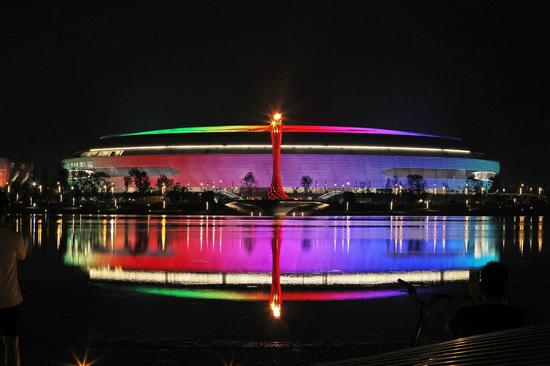
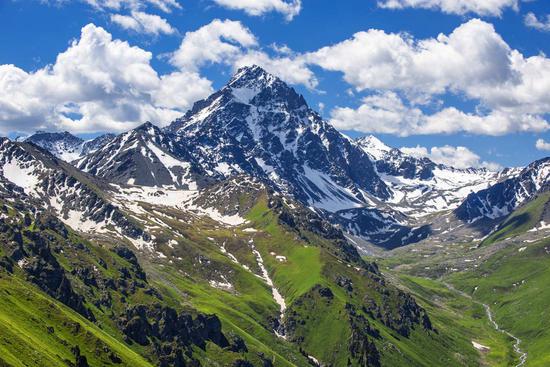

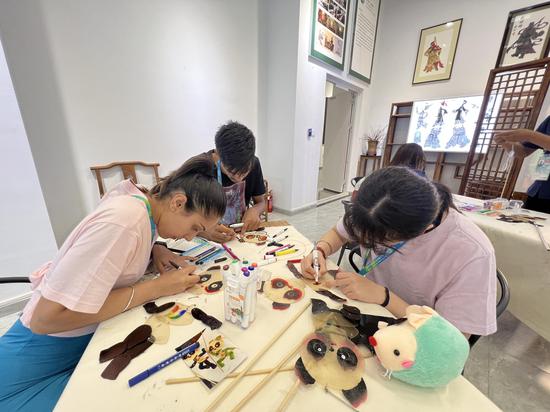

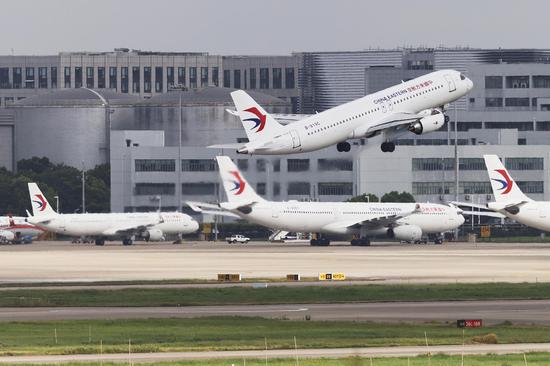
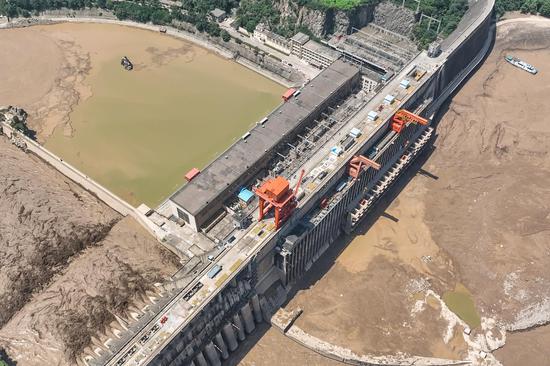

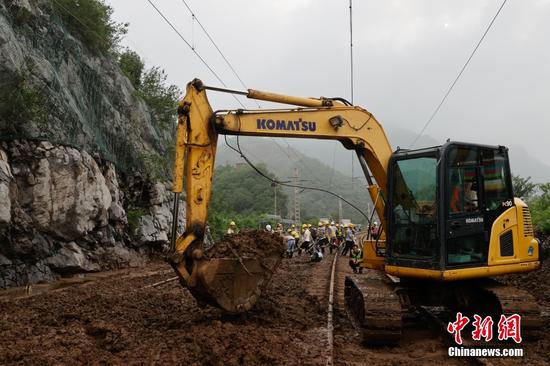
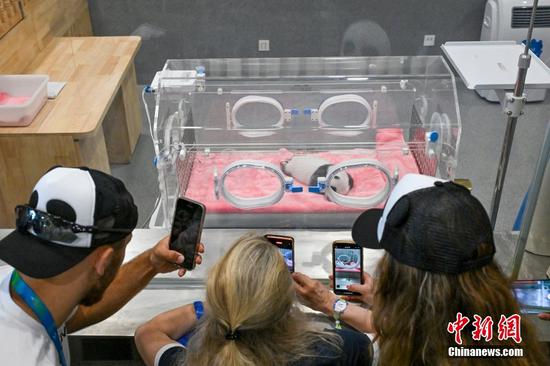

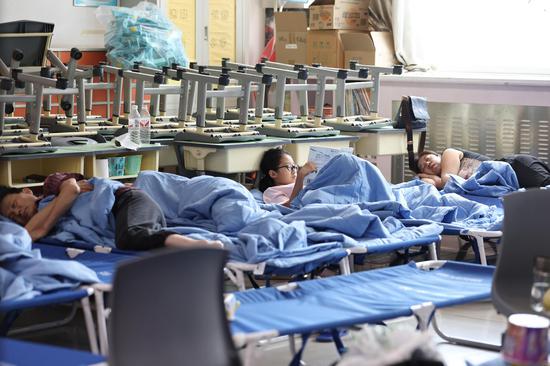


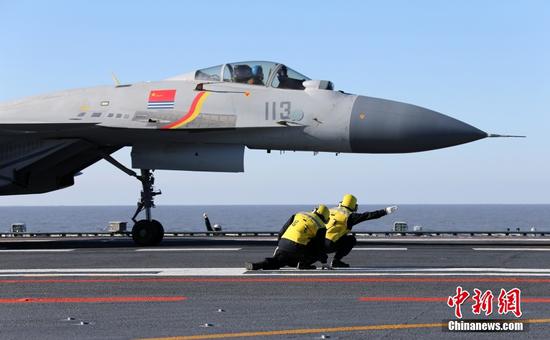
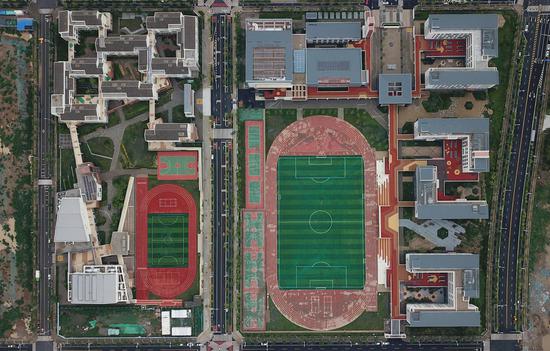
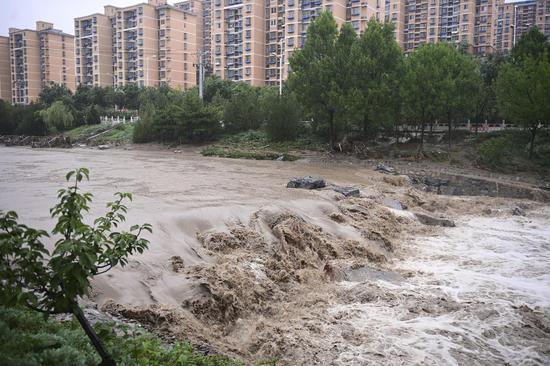

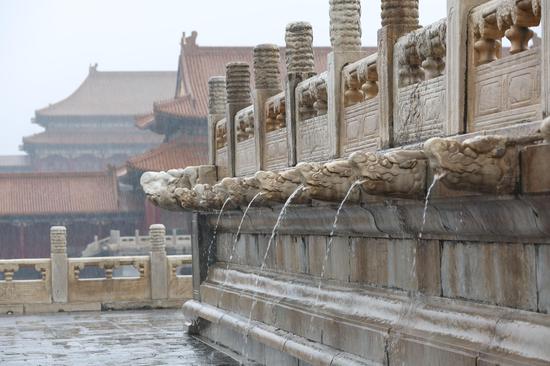

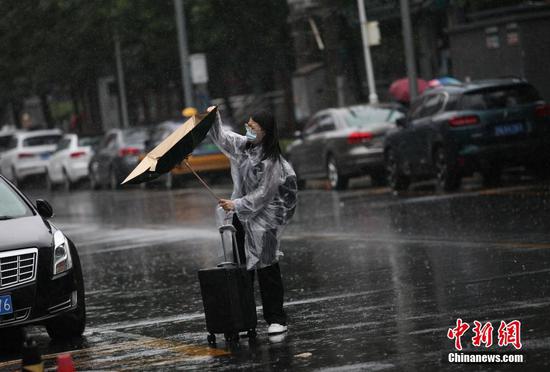

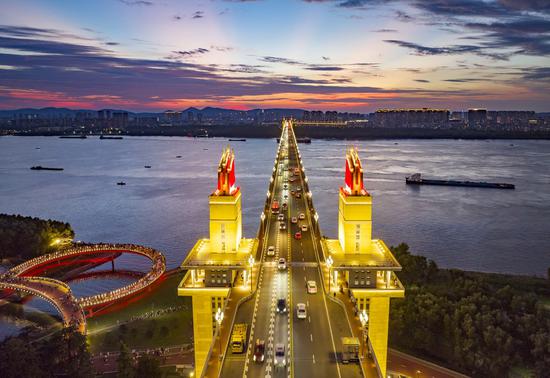
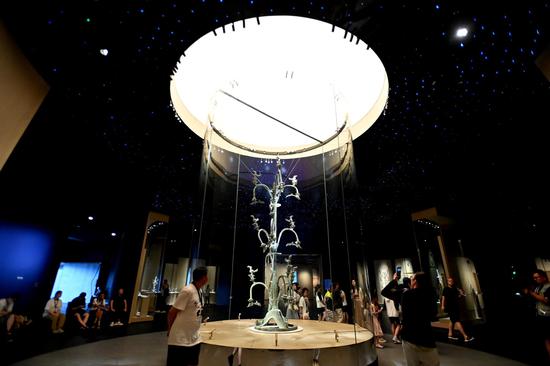

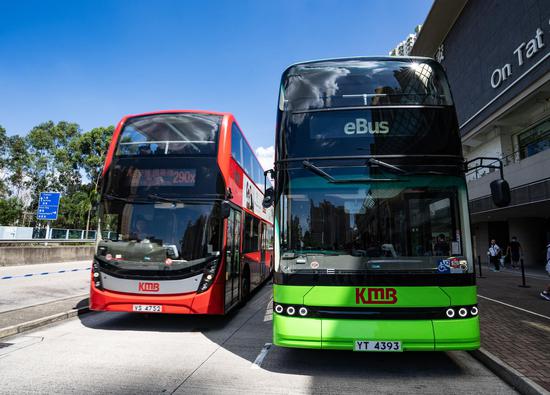
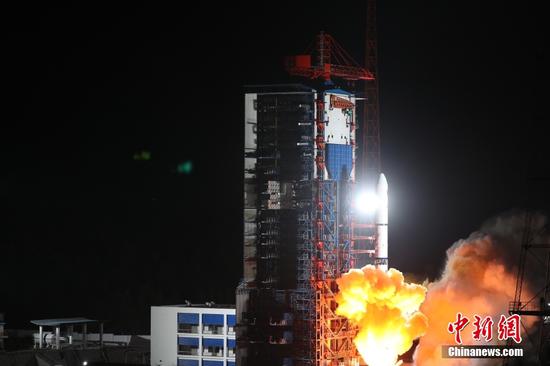
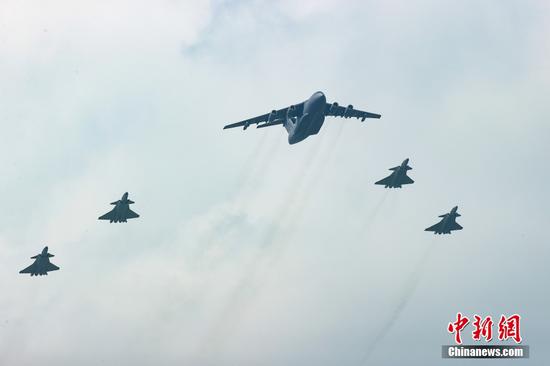
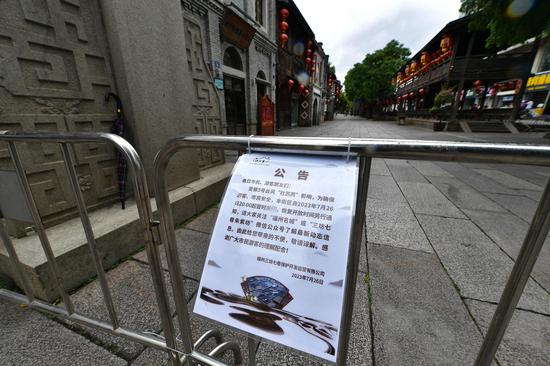
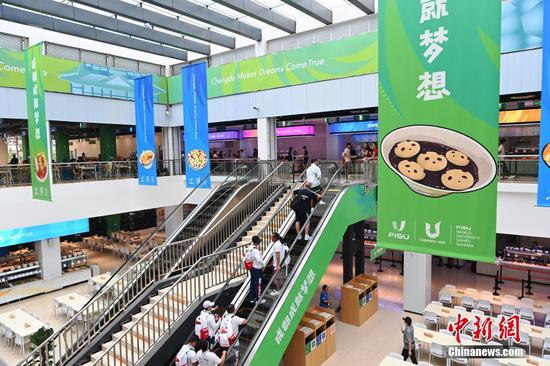
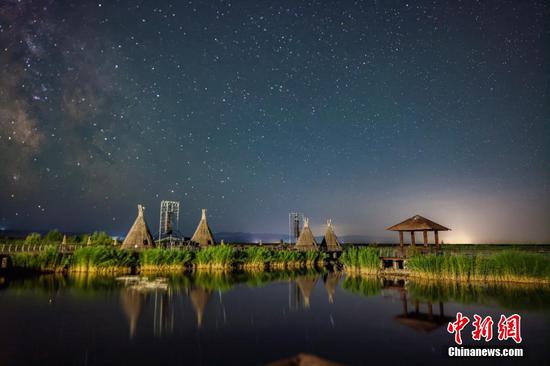

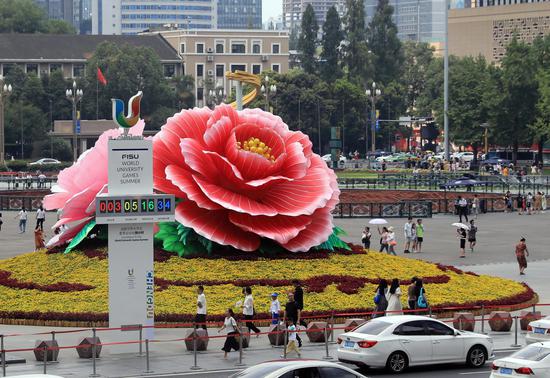
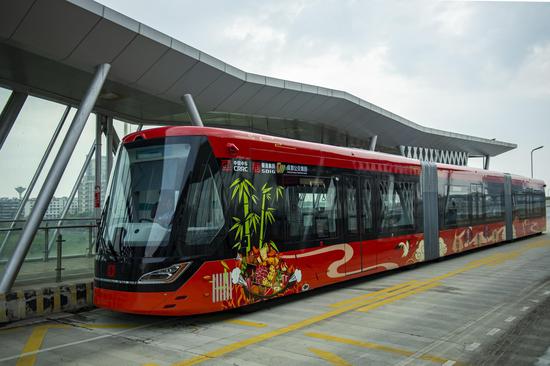
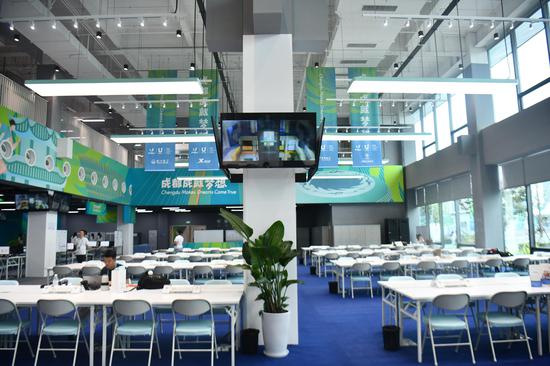







 京公网安备 11010202009201号
京公网安备 11010202009201号